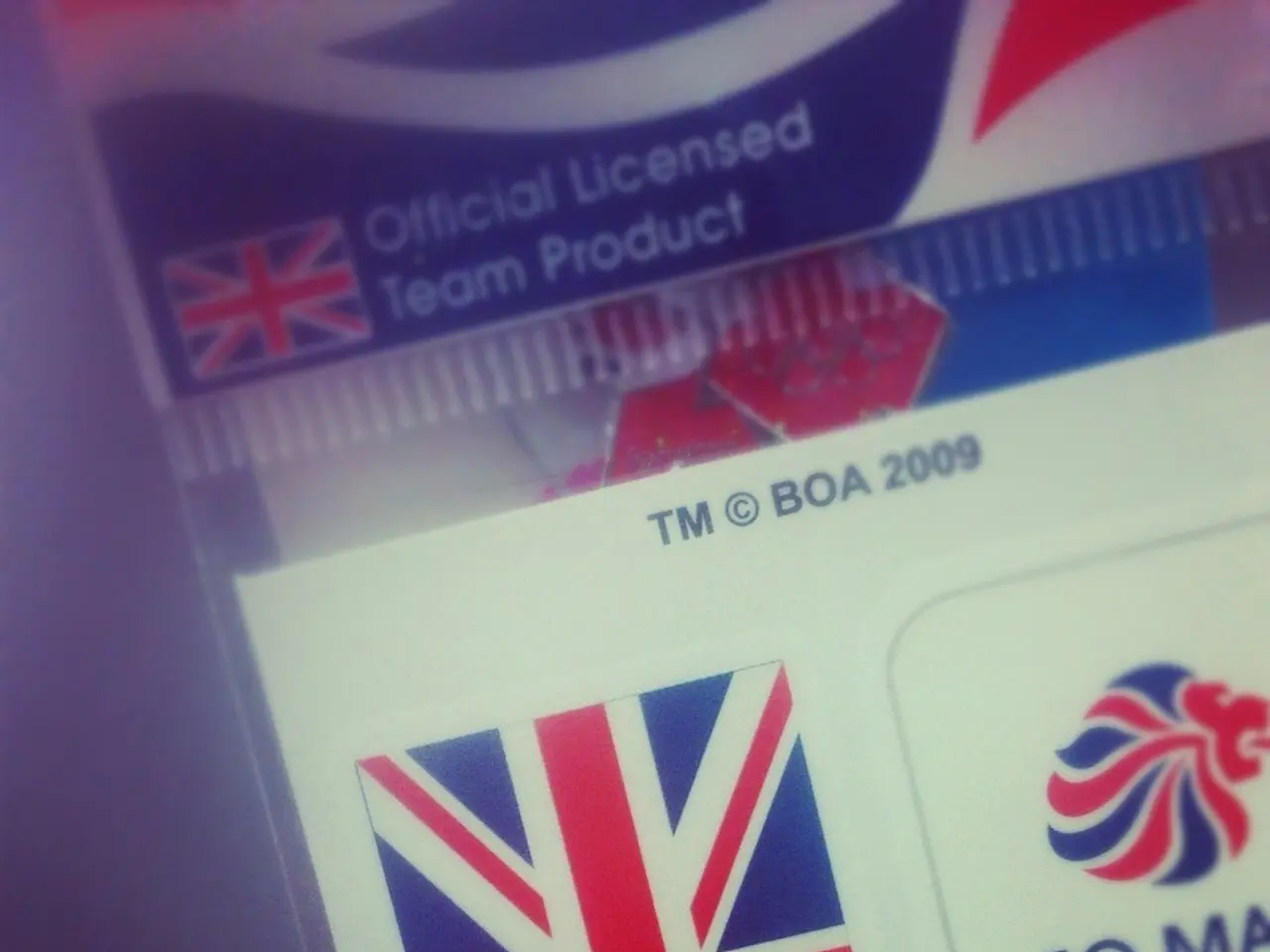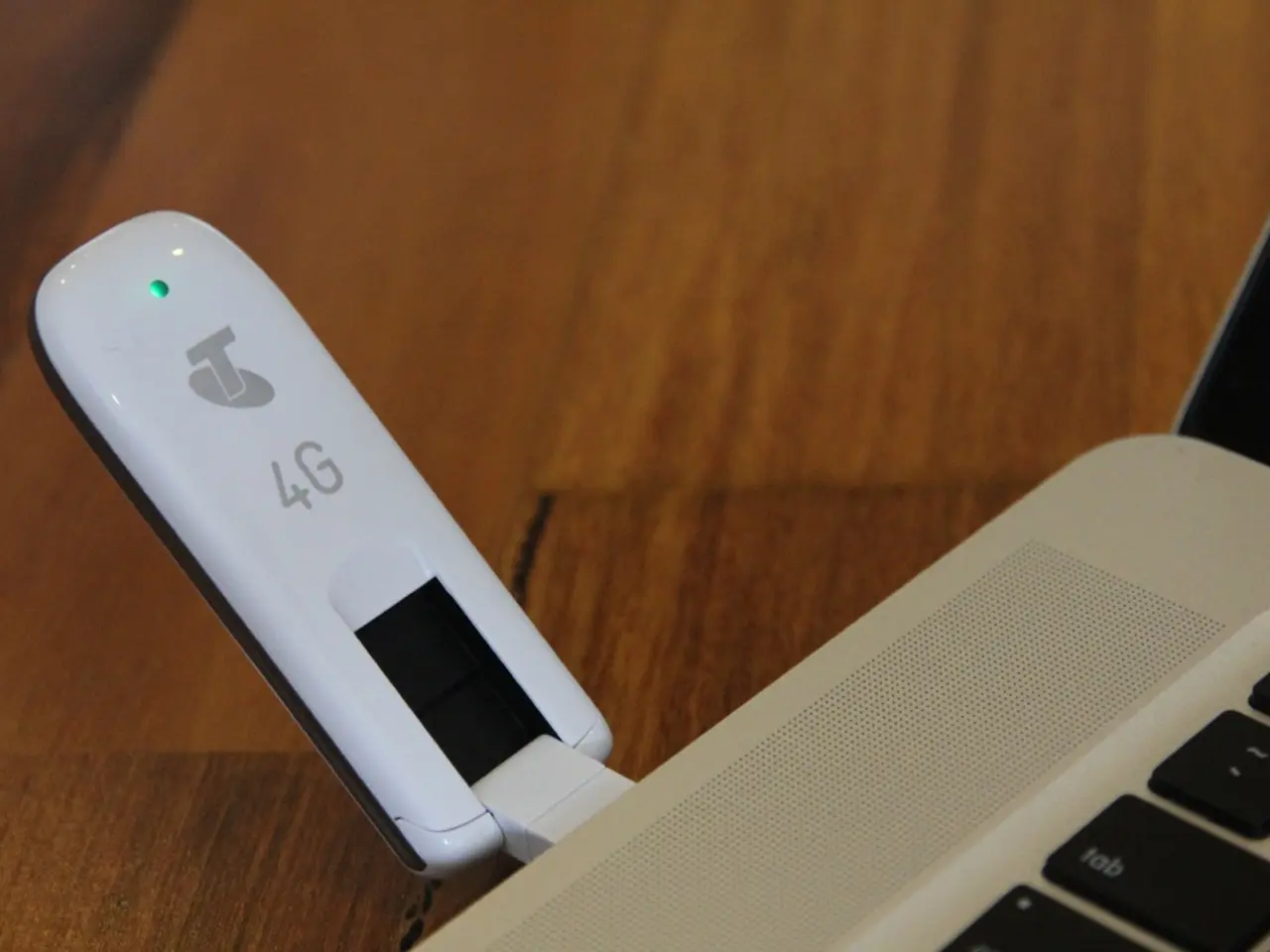Exploring Your Emirates ID: Recent Developments and Its Increased Significance in Today's World
In a significant move to streamline digital identity management and improve the daily lives of UAE residents, the Emirates ID has undergone several updates, enriching its features and functionality.
## Recent Updates and New Features
The latest iteration of the Emirates ID, dubbed the 2025 Emirates ID, boasts enhanced security features, improved durability, and increased digital accessibility. Residents can now access their ID digitally via platforms like Apple Wallet, UAE Pass, or the UAEICP app, ensuring uninterrupted access to essential services while waiting for a replacement or renewal.
A temporary QR code option is available for verification purposes, streamlining identification processes. The Emirates ID also utilizes smart chip technology that stores biometric data, providing additional security and ease of use.
## Impact on Daily Life
The Emirates ID is essential for accessing healthcare, education, and financial services in the UAE. Its digital features ensure that residents can continue to use these services without interruption. The ID also facilitates travel through UAE eGates at airports, making it a convenient travel document within the country.
The digital ID and QR code options reduce the need to carry the physical card, making daily transactions and interactions more efficient. With UAE Pass integration, residents can digitally sign official documents, complete contracts, applications, and registrations remotely.
New services, apps, and digital platforms will integrate with Emirates ID, allowing access to services without the need for physical documents or remembering logins. The Emirates ID is expected to support AI-powered services in sectors like law, retail, and transport, ensuring consistency in data handling and real-time personalisation of services.
## Important Reminders
It is crucial to update personal details such as address, marital status, or profession within the required timeframe to stay compliant with UAE regulations. Failure to renew the Emirates ID on time can result in fines according to ICP guidelines, and delays may lead to daily penalties.
Expired, damaged, or outdated Emirates ID can lead to denial or delay of key services such as lease signing, loan applications, mobile number registration, and car registration. The ID is needed for various daily tasks such as signing a tenancy contract, getting health insurance, registering a mobile number, or applying for school admission.
At Dubai and Abu Dhabi International Airports, smart gate technology allows registered users to pass through immigration quickly using the Emirates ID, reducing waiting time and improving airport efficiency. With the expansion of smart gates and e-gate systems, outdated Emirates ID information may cause delays or require manual checks, especially at airports.
In most cases, transactions in government departments or semi-government entities will not proceed without an Emirates ID. The Emirates ID contains personal data, including a photograph, biometric fingerprints, and a digital chip encrypted with secure information. The Emirates ID is a government-issued identity card required for all UAE residents, regardless of citizenship or nationality.
The Emirates ID is expected to play a central role in the UAE's smart governance, AI integration, and seamless public services, making it a key enabler in the UAE Centennial 2071 and the National Digital Transformation Program. Advanced biometrics like iris and facial recognition are likely to be integrated with Emirates ID for high-security processes, making them completely paperless and instant.
The 2025 Emirates ID, with enhanced security features and increased digital accessibility, now allows residents to access their ID digitally on platforms like Apple Wallet, UAE Pass, or the UAEICP app. This digital ID facilitates smooth access to essential services in sectors such as healthcare, education, and banking, even during replacement or renewal periods.
The Emirates ID's digital features and QR code options decrease the need for physical cards, making daily transactions and interactions more efficient. With UAE Pass integration, residents can digitally sign official documents, complete contracts, applications, and registrations remotely.
The future of Emirates ID lies in its integration with AI-powered services in sectors like law, retail, and transport, ensuring consistent data handling and real-time personalization of services. Additionally, advanced biometrics like iris and facial recognition are likely to be integrated with Emirates ID for high-security processes.
Updating personal details within the required timeframe is important to stay compliant with UAE regulations. Expired, damaged, or outdated Emirates ID can lead to denial or delay of key services like lease signing, loan applications, mobile number registration, car registration, and school admission.
The Emirates ID is not just a government-issued identity card but a key enabler in the UAE's smart governance, AI integration, and seamless public services, playing a pivotal role in the UAE Centennial 2071 and the National Digital Transformation Program.




